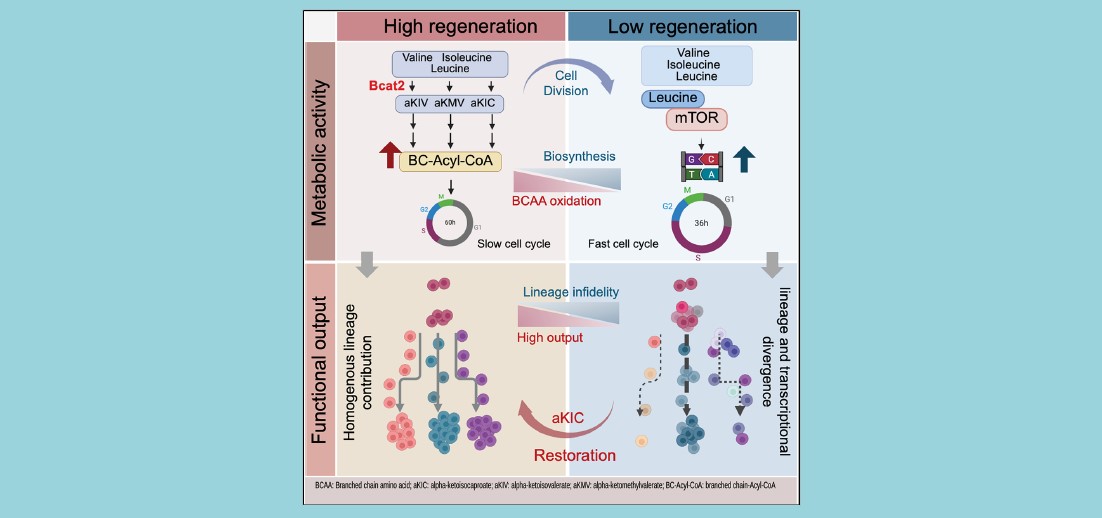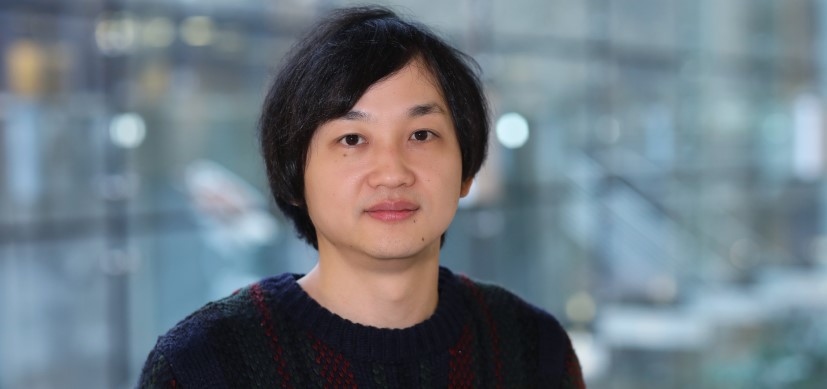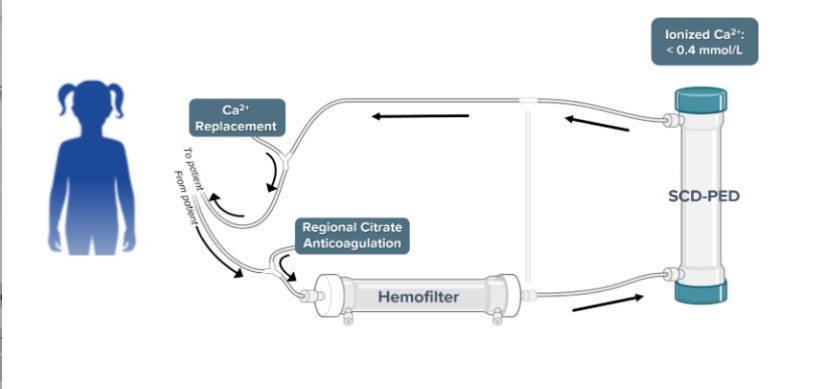Novel Therapy for Langerhans Cell Histiocytosis Maintains 100% Response Rate
Research By: Ashish Kumar, MD, PhD
Post Date: December 13, 2023 | Publish Date: Sept. 21, 2023
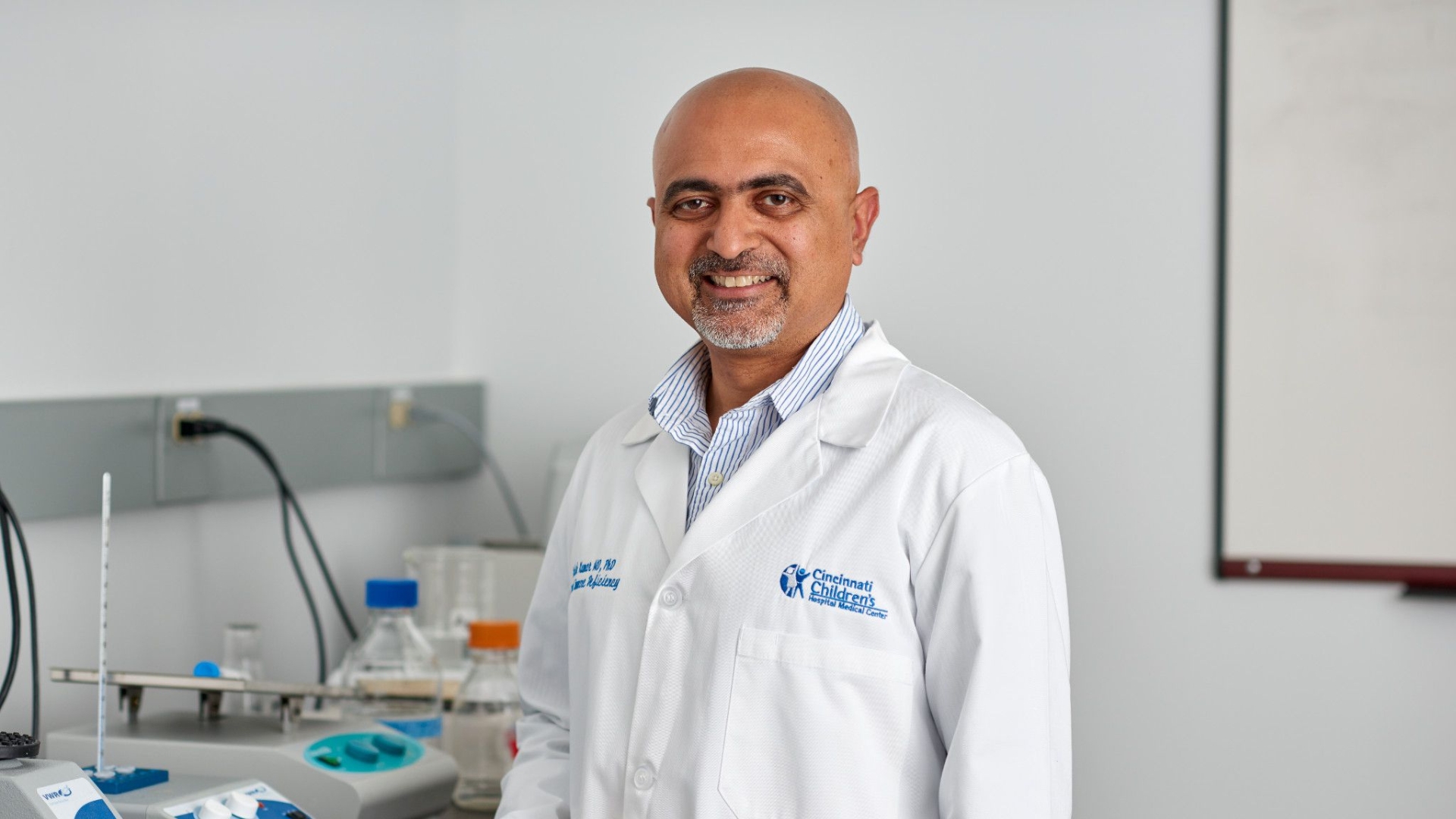
Ashish Kumar, MD, PhD, wasn’t expecting two kinase inhibitors to dramatically change his life, but that’s precisely what happened.
Ten years ago, Kumar was a general oncologist, immunologist and basic researcher studying rare leukemias at Cincinnati Children’s. One of his patients was an infant with Langerhans cell histiocytosis (LCH) whose disease had not responded to multiple courses of chemotherapy. Kumar had recently learned about clinical trials testing the use of the kinase inhibitor dabrafenib for melanoma and certain pediatric brain tumors.
“Like LCH, these diseases are caused by a mutation of the BRAF gene,” says Kumar, director of Cincinnati Children’s Histiocytosis Center. “The research made me wonder whether dabrafenib could effectively treat LCH. After a great deal of consideration and discussion with the family, I decided to use it.”
Within four weeks of initiating oral dabrafenib therapy to target the BRAF gene mutation causing the patient’s LCH, tests showed no evidence of disease. A few weeks later, a second patient with chemo-resistant LCH responded to dabrafenib in the same way.
Trametinib as a First-Line Therapy
One year later, Kumar’s team used the oral MEK kinase inhibitor trametinib to target additional BRAF and MAP2K1 mutations. In 2018, they began offering trametinib as first-line therapy. Since then, they have used the protocol on more than 60 patients with no incidence of disease recurrence—a 100% success rate. Rashes and diarrhea are known side effects, but these are easily managed.
In comparison, in 15–20% of LCH patients, the disease does not respond to standard chemotherapy. Even when chemo works, the one-year relapse rate is as high as 30%. It is not possible to predict upfront who will experience disease progression or relapse. Sometimes, recurrence can have permanent, life-changing consequences since LCH can cause irreversible damage to the liver and pituitary gland.
“The evidence for this protocol is so strong that encouraging its widespread adoption has become my life’s work,” Kumar says. “Our protocol is as good as or better than chemotherapy, with fewer side effects. Not using these effective lifesaving drugs to treat children with treatment-resistant, high-risk LCH is almost negligent.”
The Challenges Ahead
Physician adoption of the protocol has been slow, Kumar says, and for the treatment. He hopes more oncologists will consult with him so they can offer trametinib or other MEK inhibitors to patients close to home.
“Pediatric oncologists are more comfortable with therapies that have gone through a large, randomized clinical trial, but as with many rare diseases, we don’t have enough patients to do that,” he explains. “Based on our evidence and experience, it’s already clear that the treatment with inhibitors works beautifully.”
Unfortunately, trametinib and dabrafenib are not available everywhere, and the cost is exorbitant. US pharmaceutical companies offer a no-cost option when insurance coverage isn’t available, but Kumar believes it shouldn’t come to that. “We need to find a way to make these lifesaving treatments accessible to children who need them, no matter where they live,” he says.
Research Study
Kumar anticipates that clinical research will help make the case for widespread protocol acceptance. In September 2023, he and his colleagues published a retrospective study in Haematologica demonstrating that children suffering from histiocytoses can be treated safely and effectively with dabrafenib or trametinib. Their new prospective trial will assess the safety, efficacy and long-term effects of using a novel MEK inhibitor called mirdametinib for LCH, either as first-line therapy or in patients whose disease recurs after chemotherapy.
The study is open to patients ages 2 years and older who need treatment for LCH or another histiocytic disorder and have active, measurable disease. To learn more, contact Ashish.Kumar@cchmc.org.
| Original title: | Dabrafenib and trametinib in Langerhans cell histiocytosis and other histiocytic disorders |
| Published in: | Haematologica |
| Publish date: | Sept. 21, 2023 |
Research By
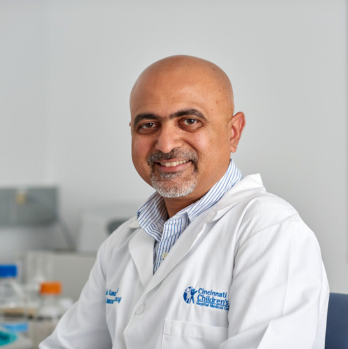
I am a pediatric hematologist/oncologist specializing in histiocyte disorders, primary immune deficiency diseases and bone marrow transplantation.




